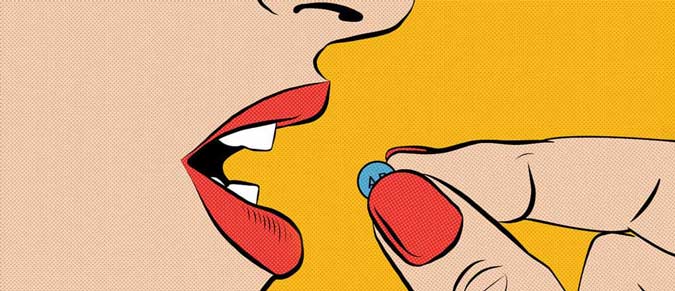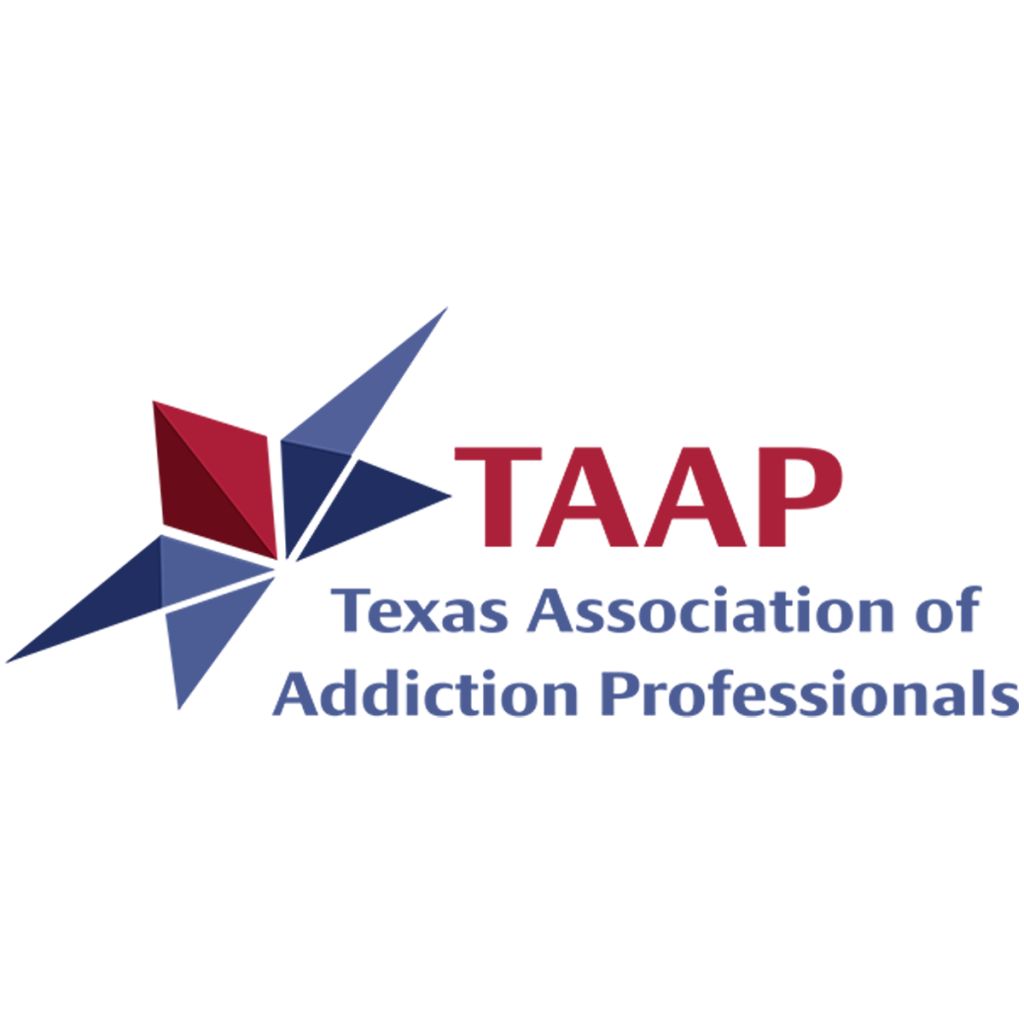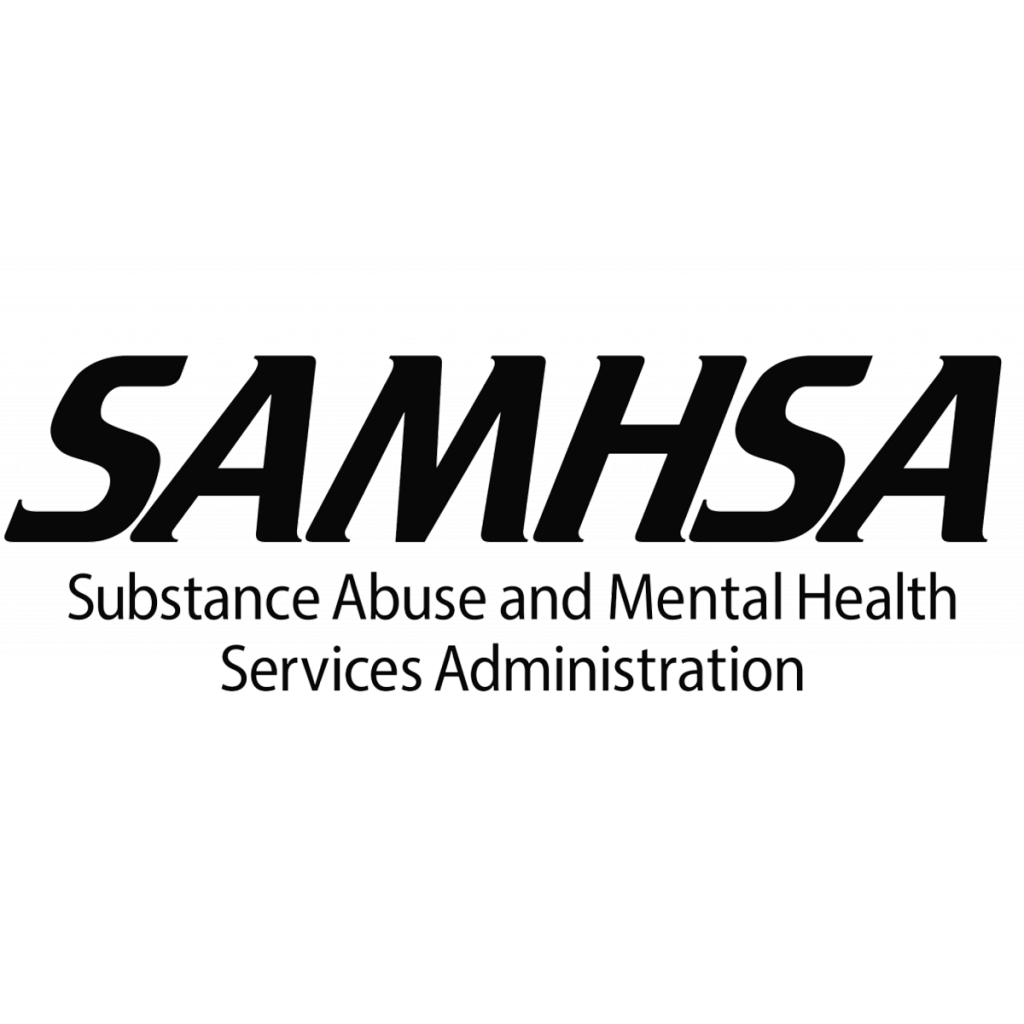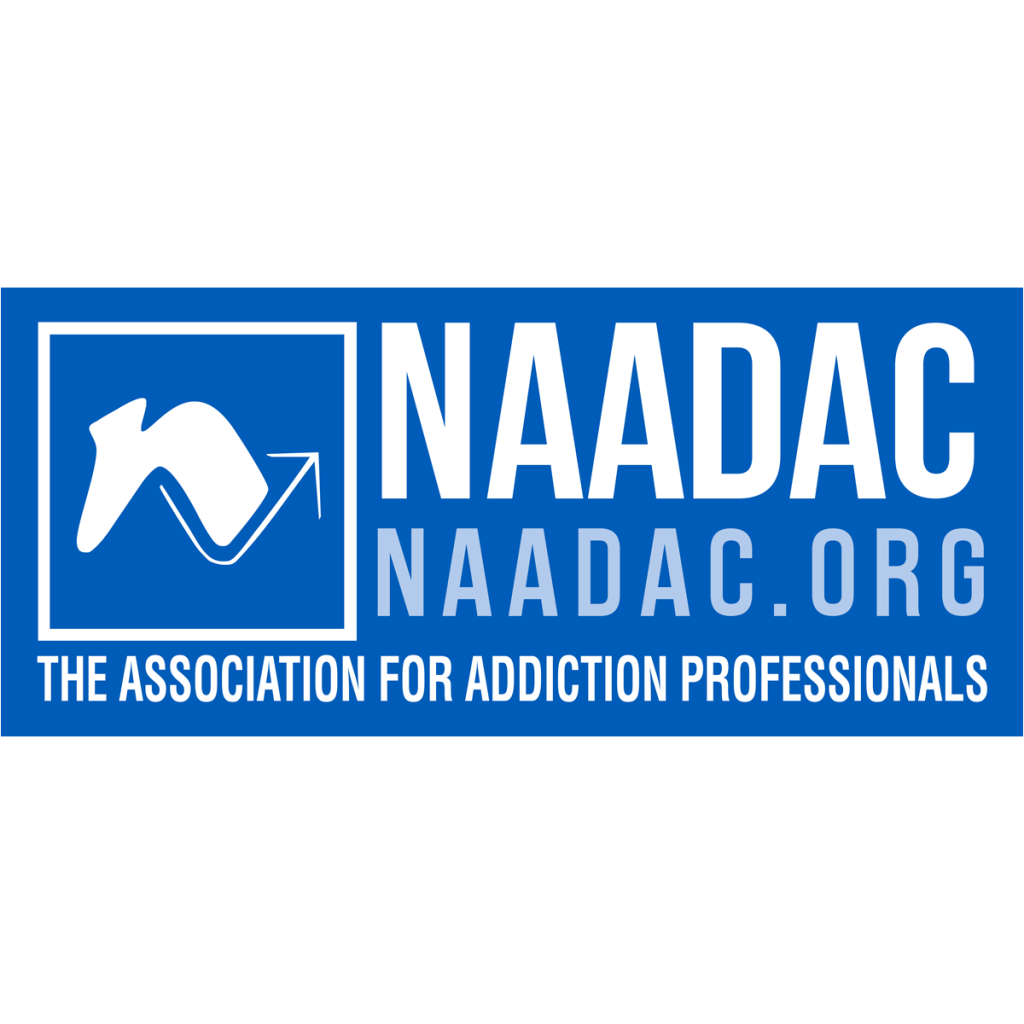
Human Capital Value and the Pressure to Be the Perfect Employee
This documentary spends a lot of time delving into the stories of individual people whose lives have been affected by psychotropic stimulants like Adderall and Ritalin. A young artist whose mom forced him to take Adderall to manage his ADHD as a young child and teen; A budding software developer who used Adderall to achieve professional success; An ex-NFL player who used prescription stimulants to keep up with the intense demands of professional football; A mother who was grappling with the complexities of raising a son with ADHD; A college student who relied on Adderall to get the grades she needed to succeed.
These stories are all vastly different, but they all share one common theme: a desire to be extraordinary, achieve “superhuman” feats, and feel confident, motivated, and driven.
“Take Your Pills” takes a broad, big-picture look at what one featured expert describes as a drug epidemic that is following right on the heels of the opioid crisis. The film backs that up with some startling statistics, which we fact-checked later and found to be true.
- As of 2015, the ADHD drug industry was a $13 billion business. It’s expected to grow to $17.5 billion by 2020.1
- In 1990, 600,000 children were on stimulants to treat ADHD. By 2011, that number had risen to 3.5 million American children.2
- One-third of children with ADHD receive the diagnosis by the age of six.3
- The majority of people taking prescription stimulants in America are adults, with nearly 16 million ADHD medication prescriptions written for adults ages 20-39 in 2012 compared to 5.6 million in 2007.4
The Ethics of Cognitive Enhancement
Klayman’s film “Take Your Pills” does acknowledge the fact that some of these children and adults may truly need prescription stimulants to cope with ADHD, but it also criticizes current prescribing practices of doctors and whether or not they are overly eager to make a diagnosis that gives parents an easy solution while also putting more money in their pockets.
This documentary also spends a lot of time delving into the ethics of cognitive enhancement, highlighting the fact that many people who abuse stimulants on a regular basis feel like they are in some sort of competitive arms race at work, at school, or on the field. In order to keep up with their co-workers, fellow students, or other athletes, they feel the need to use “smart drugs” like Adderall to do their best work. But is it ethical and fair for some people to use these smart drugs when others don’t have access to them? Or can this be compared to having the ability to hire a tutor, drinking a cup of coffee in the morning, or eating a highly nutritious breakfast every day before heading to work?
The fact that these stimulants come with a host of safety issues, like cardiovascular problems, psychosis, and even long-term addiction was briefly mentioned, but the majority of the documentary was spent discussing the fact that Adderall and other stimulants have become the drug of our time.
Although it’s not at all uncommon for people of all ages and professions to be using performance-enhancing stimulants, such as the college student, the financial analyst, the professional athlete, the programmer, or the child diagnosed with ADHD, this documentary explores the attitudes surrounding this specific type of drug abuse, the cultural branding of it all, and how these drugs are shaping our society as a whole.
At the final close of the documentary, Dr. Wendy Brown, a Political Theorist at UC Berkeley, poses a question about what it truly means to be human and the role performance-enhancing stimulants play in that. She asks whether the act of letting our minds wander or the ability to experience more emotional interpersonal connections is being hindered by stimulants, but as the documentary clearly shows, it’s is still a topic that’s up for debate.
Addressing Adderall Addiction and Stimulant Dependence
Although “Take Your Pills” only briefly touched on the specific physical risks of long-term stimulant abuse, it’s important to note that Adderall, Ritalin, and other prescription stimulant drugs are addictive. College students, in particular, may be at a higher risk of developing addiction as Adderall has quickly become the drug of choice among this age group. In fact, 50 percent of young adults admit to using them to improve their academic performance.5
The abuse of amphetamines (Adderall and Dexedrine), as well as methylphenidate (Ritalin and Concerta), may not carry the same stigma as abusing cocaine or heroin, but it’s still a very real risk. Various forms of abuse and misuse may include:6
- Sharing medication with friends
- Taking a prescription stimulant in a way other than it was prescribed
- Taking the stimulant purely for the purpose of getting high
- Consuming a prescription stimulant with other drugs like alcohol
Adderall is currently the most commonly prescribed amphetamine in the U.S.,7 but if you or a loved one is struggling with stimulant dependence or addiction, you should seek treatment at a detox and drug rehab center immediately. A drug rehab program can help you develop healthy behaviors and skills that you may be lacking and currently seeking to fulfill with your drug abuse.
Call Nova Recovery center today to talk to an admissions specialist or to learn more about our drug and alcohol rehab program.
References:
- https://daily.jstor.org/americas-workforce-narcotic-stimulants/
- https://www.businessinsider.com.au/adhd-medication-marketing-techniques-2013-12
- http://www.drhallowell.com/dr-hallowell-comments-on-cdc-report-13-of-children-with-adhd-diagnosed-with-the-disorder-before-age-6/
- https://www.businessinsider.com.au/adhd-medication-marketing-techniques-2013-12
- https://cvshealth.com/thought-leadership/prescription-stimulant-abuse
- https://teens.drugabuse.gov/drug-facts/prescription-stimulant-medications-amphetamines
- https://www.addictioncenter.com/stimulants/





